Nonprofits & Activism
The psychological traits that shape your political beliefs | Dannagal G. Young
Visit to get our entire library of TED Talks, transcripts, translations, personalized talk recommendations and more. Social psychologist Dannagal G. Young breaks down the link between our psychology and politics, showing how personality types largely fall into people who prioritize openness and flexibility (liberals) and those who prefer order and certainty (conservatives). Hear why both…
Nonprofits & Activism
From Prison to Purpose Through Wildland Firefighting | Royal Ramey | TED
When wildfires rage in California, incarcerated people are often on the front lines fighting the flames. TED Fellow Royal Ramey was one of them. He shares the story of how doing public service in prison inspired him to cofound the Forestry and Fire Recruitment Program, a nonprofit helping formerly incarcerated people become wildland firefighters —…
Nonprofits & Activism
The Recipe for a Healthy Climate Starts at the Dinner Table | Anthony Myint | TED
Why aren’t restaurants part of the climate solution? This question inspired chef Anthony Myint to go from opening buzzy pop-ups to pushing for a shift to regenerative farming practices in the food system. He explains how it didn’t go the way he expected at first — and how restaurants are now teaming up with farmers…
Nonprofits & Activism
To End Extreme Poverty, Give Cash — Not Advice | Rory Stewart | TED
Are traditional philanthropy efforts actually taking money from the poor? Former UK Member of Parliament Rory Stewart breaks down why many global development projects waste money on programs that don’t work. He advocates for a radical reversal rooted in evidence: giving unconditional cash transfers directly to those in need, a method that could unlock the…
-

 Science & Technology5 years ago
Science & Technology5 years agoNitya Subramanian: Products and Protocol
-

 CNET5 years ago
CNET5 years agoWays you can help Black Lives Matter movement (links, orgs, and more) 👈🏽
-

 People & Blogs3 years ago
People & Blogs3 years agoSleep Expert Answers Questions From Twitter 💤 | Tech Support | WIRED
-

 Wired6 years ago
Wired6 years agoHow This Guy Became a World Champion Boomerang Thrower | WIRED
-

 Wired6 years ago
Wired6 years agoNeuroscientist Explains ASMR’s Effects on the Brain & The Body | WIRED
-

 Wired6 years ago
Wired6 years agoWhy It’s Almost Impossible to Solve a Rubik’s Cube in Under 3 Seconds | WIRED
-
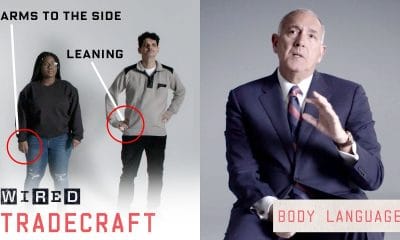
 Wired6 years ago
Wired6 years agoFormer FBI Agent Explains How to Read Body Language | Tradecraft | WIRED
-

 CNET5 years ago
CNET5 years agoSurface Pro 7 review: Hello, old friend 🧙
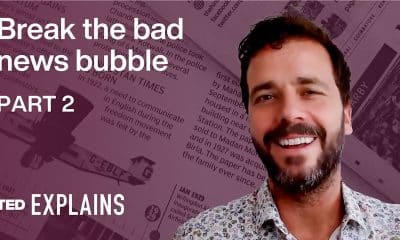

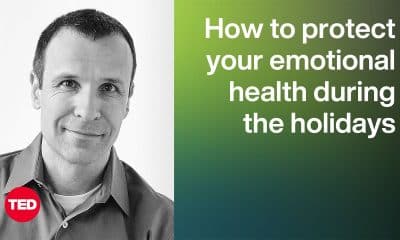







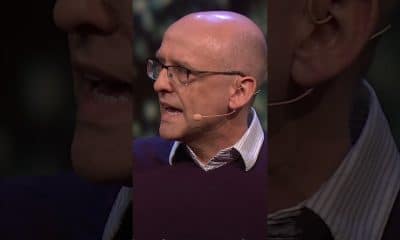

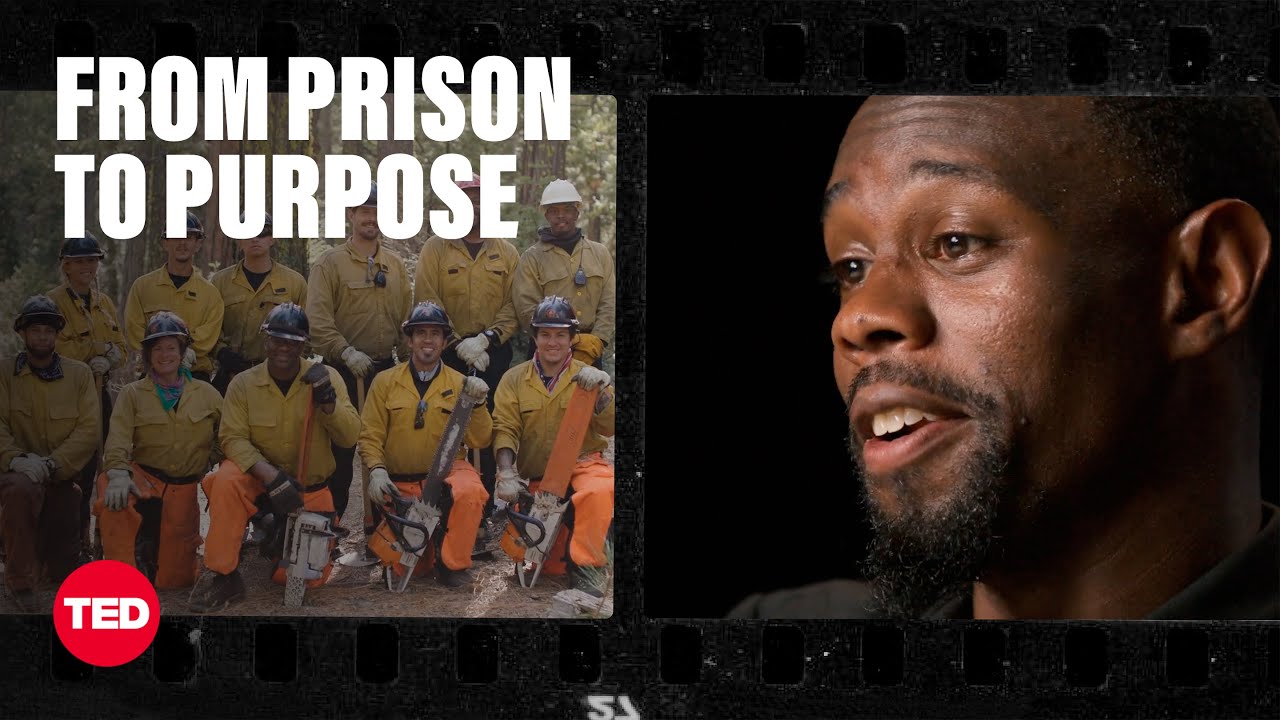
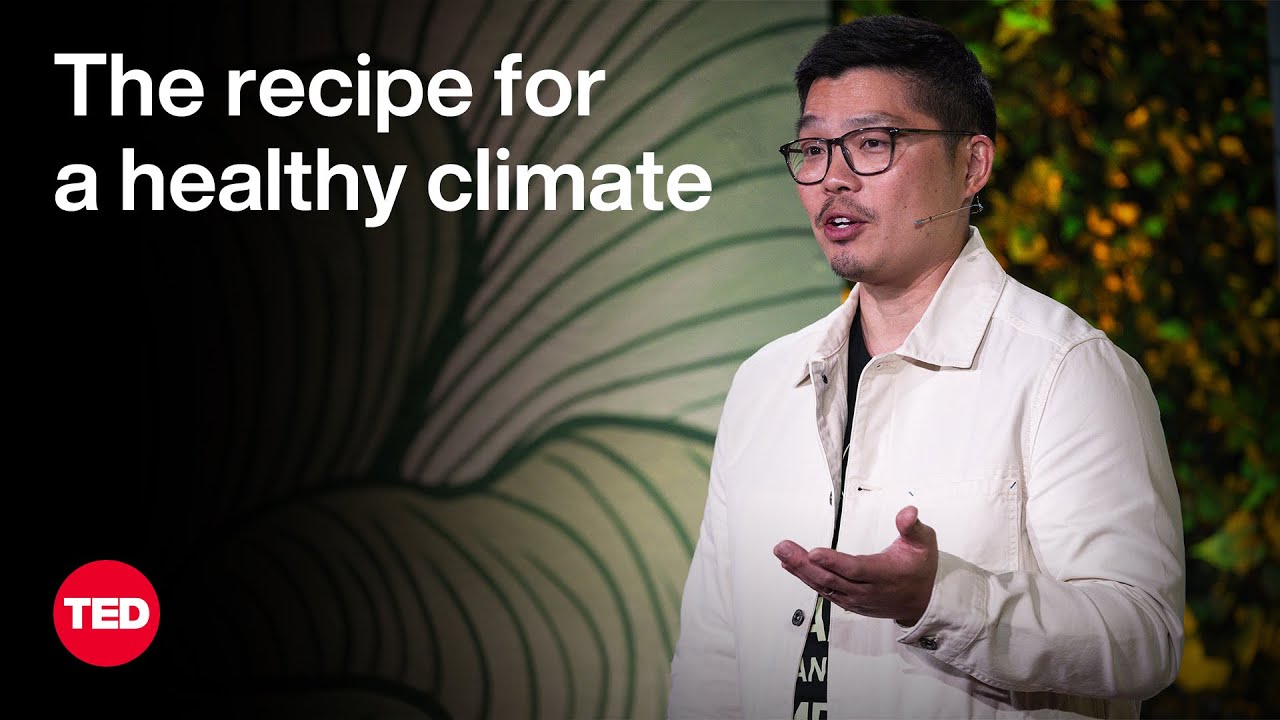
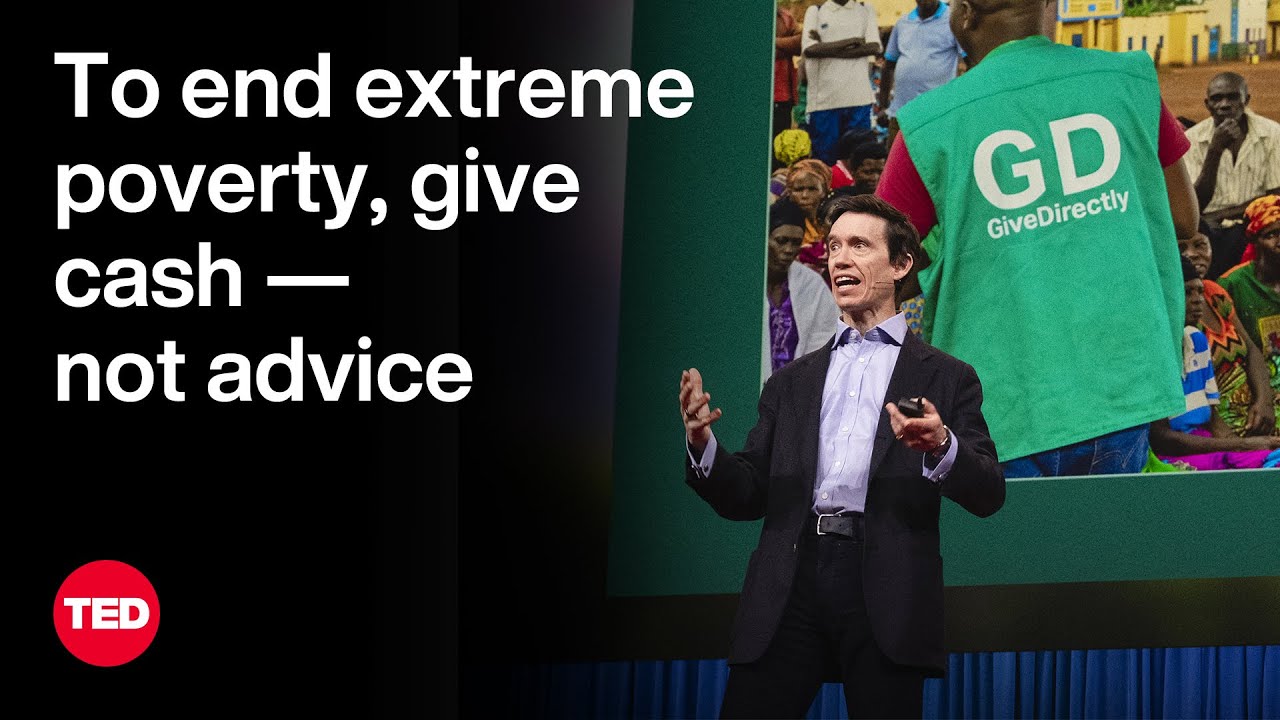



Mike Smith
October 10, 2020 at 4:37 pm
I am old and therefore cynical so although I wholeheartedly agree with your contention and would support it being promulgated in schools (repeatedly) I fear it is unlikely to gain traction. We know a lot about Great Leaders and their psychopathology is surprisingly consistent (delusional paranoia, using the clinical definition of those terms, seem to be a constant). We know that fear mediates much of what we believe and aggression is part of the reaction to fear, but as humans we are faced with endless reminders of our own inadequacy (which is normal although we do not see it as such), that engenders fear which begets aggression. Great Leaders, seeking the validation of being a Great Leader (often if not usually by touting simplistic solutions to complex problems), are putting themselves in harms way as they will be continually reminded of their failings, they are afraid and they lead us into fear. Billionaires are similarly afflicted, anything more than about £7m and you cannot see the difference, yet they keep on collecting those beer tokens and in so doing they often sacrifice things that are of rather more actual value. That is not Big or Clever, except in their own rather dysfunctional lexicon. The three horsemen of the apocalypse are selfishness, stupidity and greed but thanks to people like Matthieu Ricard and his participation on studies of brain plasticity we know we can address some of the consequences of those. Martin Seligman et al are showing us was is actually important for our wellbeing, but of course what matters is how you feel about it, that’s what ‘mattering’ is. Science can tell us a lot about how things are but it cannot tell us how to accept those things and feel good about them (yet anyway). When science says ‘Yes it is as bad as you think, but in reality that’s pretty damned good’ people do not know how to deal with it, ambiguity aversion then leads to increasing aggression. The media, looking for a simple explanation, reduces political debate to a team sport (these days it is bordering on a contact sport) and people’s allegiances to the various different gangs leads them to seek self affirmation in a mutually ego stroking bubble. Outraged indignation is always popular, getting outraged is a way of feeling you are doing something about things over which you have minimal control, it is reassuring. Outraged indignation, coupled with the need to feel superior to validate oneself and spiced with aggression leads, or has done consistently throughout history, to Very Bad Things happening. I doubt we will end the world (well we may but not intentionally) but I have the feeling we are in what the Chinese curse refers to as ‘interesting times’.
Norm Rosolen
October 10, 2020 at 6:24 pm
This is a fine video, another view of Mazlow’s hierarchy of needs. I agree that well-functioning individuals exhibit liberal and conservative values on spectrums that result in acceptable and successful behaviours that make for a better society. This works when one side is not trying to “destroy” the “other.” Unfortunately, Dannagal omits a third dimension of personality ranging from the socially engaged at one end of the spectrum to severe personality disorder at the other end. If psychopaths, the greedy, and the malignantly narcissistic run amuck, like viruses, they can kill the host. It has happened throughout history that evil people (Hitler, Mussolini, Stalin, Saddam Hussein, Maozedong, etc.) have taken over countries and caused great harm. This is not a liberal vs conservative thing as much as a leaning to the “strong leader” (authoritarianism) to restore order and save the day. Many countries, have taken the road to authoritarianism over the last few years, and we’ll find out soon enough whether the US is far enough along that road to fall over the cliff.
Daniel Maxwell
October 10, 2020 at 6:56 pm
Fantastic talk. Love it.
3B Bright & Brave Brain
October 10, 2020 at 7:08 pm
Hanna Mäkelä
October 10, 2020 at 7:13 pm
And yet conservatives are reluctant to fund proper infrastructure and seem ok with the probability of accidents that reluctance inevitably brings. 😉
Lynda Colter-Bergh
October 10, 2020 at 9:01 pm
One of the best commentaries on what can be in America if we discover the best in each other.
Anfal Arshad
October 10, 2020 at 9:20 pm
Read Naom.Chomsky’s : Manufacturing consent
pedro pipi
October 10, 2020 at 10:11 pm
actually it’s not what if. They do that and some of us know that. But how will you redesign the whole system of media<>government? and money
by peacewillow
October 11, 2020 at 12:12 am
ironic that the free thinking liberals are the ones wearing masks, while the conformist conservatives treat common sense like the enemy they’re constantly searching for.
Lei P
October 11, 2020 at 3:51 pm
Conformist liberals wear masks you mean.
nakedBison69
October 11, 2020 at 12:38 am
what i like best about this video is that instead of taking sides on the issue, she sees the good in each side. i find that very, very refreshing. an excellent book that goes into considerable detail about the historical and philosophical differences between the two sides, is Yuval Levin’s book The Great Debate. another really good book on the subject is Thomas Sowell’s Conflict of Visions
Danl Hendle
October 11, 2020 at 2:18 am
That’s nice and everything but it’s a little bit pollyannaish and finding good people on both sides. Some attitudes are existential threats at the hands of certain people with certain beliefs. others with different beliefs are not existential threats to anyone. it’s not all the same. Vive La difference
Forest Green
October 11, 2020 at 4:06 am
This sounds like astrology repackaged to sound more rational and scientific. Instead of 12 signs theres 2 signs and you can insight all sorts of things about yourself based off the sign you belong to.
Stefan Delipoglou
October 11, 2020 at 4:28 am
Very much loved this video and recommend looking at the wikipedia page on Jonathan Haidt’s U.S. political foundationalism which I am sure has held some influence over this speaker as well. Only criticism was the random zooming with the camera which was jarring, but regardless I loved the video and topic.
NotACapitalist
October 11, 2020 at 5:02 am
*Dannagal G. Young* asserts ~1:08 _… not that we’re doomed to be divided…” She must intentionally ignore that divisiveness inheres in hierarchies and that life is dynamic, not static.
_“Nothing in the world is more dangerous than _*_sincere ignorance and conscientious stupidity.”_* Rev. Dr. M.L. King, Jr.
*_ibiubu_*
Greenbean Casserole
October 11, 2020 at 5:35 am
What happens if you fear for you life but you realize that living in a flexible and open society is safer than a homogenous, strict society?
kalingakishore dash
October 11, 2020 at 6:49 am
Nandini Dash comments, to me, we belong to same school of thought.
Caiti Cox Dilley
October 11, 2020 at 7:02 am
Yes! Very well said.
Fred Gotpub
October 11, 2020 at 7:22 am
And some foreign countries are extremely happy to surf on these antagonisms too (now I realize this sentense is a way to increase suspicion against other countries….)
Irene Haralabatos
October 11, 2020 at 2:42 pm
I’m scared about everything. The threat of climate change terrifies me as does the threat of fascism. But I don’t see the world as black and white. I accept nuance and I do like ambiguity. I love political satire and I’m extremely progressive. I hate polarization.
Bubber Cakes
October 11, 2020 at 7:42 pm
I believe we can only survive as a species if we treat all humans as brothers; tear down nationalistic thinking; and create a world of peace and understanding. We all basically want the same things. Why try to keep others from achieving happiness?
EvolvedAtheist
October 11, 2020 at 7:49 pm
I submit that an important distinction exists between personal political beliefs and the *partisan-oriented structures* (read, corporate-funded opportunism) that deliberately target a subset of psychological traits in the pursuit of profit and power. In other words, an authoritarian subset of politicians manipulate the credulous, easily-aroused.
吴裕泉
October 11, 2020 at 9:16 pm
embrace yin and yang, and the fact they cancel each other when they met. And 2 liberal husands who have a little bit different temperament are not good contrast.
sara H
October 11, 2020 at 11:45 pm
I agree with this to an extent, but there is a lot of grey area that isn’t being discussed. I’m politically liberal and I have CPTSD, which causes hyper vigilance. I am liberal FOR that reason. It’s not just the media-it’s the beliefs and morals that align with one’s political beliefs. I work with domestic violence victims and Trump and his supporters behave in ways similar to abusers-gaslighting, lying, minimizing, invalidating etc. Most people I know voting for Biden recognize that he’s not their #1 choice and corrupt in other ways, but are willing to take the chance, rather than have a narcissist/sociopath in the office for 4 more years. There is fear on both sides. To me the fear on the right comes down to their “way of life” changing. They are afraid of anything different than what they know, even if that means they have privilege while others suffer. People on the left tend to see that suffering(or are in it themselves-think minority/oppressed groups) and want equality and is okay with change. I don’t see the world as safe, but it’s because of beliefs that conservatives have.(ie women aren’t safe in a patriarchal culture that perpetuates abuse under the guise of “traditions”)
Dan S.
October 11, 2020 at 11:58 pm
That’s a powerful message.